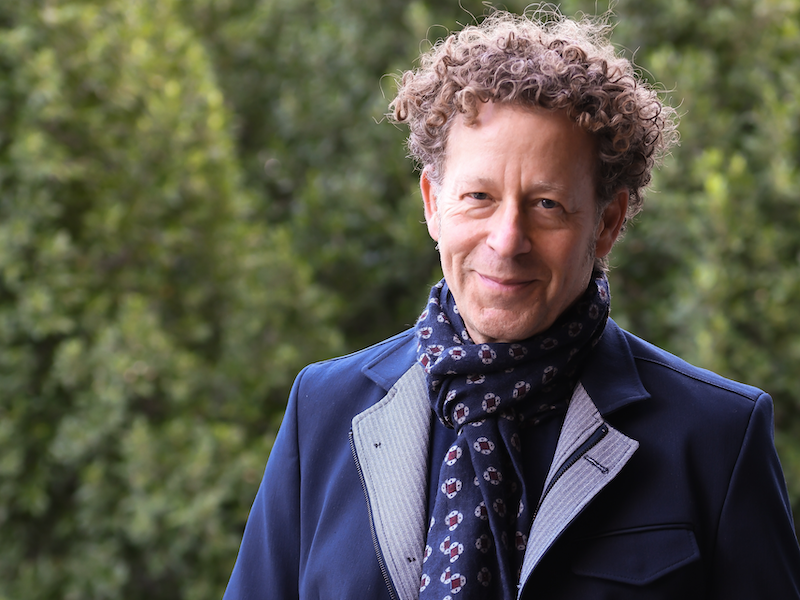
The robots of the near-future won’t replace people, but will free them to focus on what they do best — empathizing, communicating and innovating, said Ken Goldberg, professor of engineering at the University of California, Berkeley, during the keynote session at the Canadian Investment Review‘s 2022 Investment Innovation Conference.
“When [automated teller machines] first came out, there was widespread speculation that this is the end of bank tellers. When spreadsheets came out, people said it was the end of accountants and bookkeepers. And when the barcode arrived, ‘It’s the end of checkout people.’ . . . So what happened? Well, [robots] changed the jobs, but they didn’t eliminate them.”
Read: Robots will mostly take over the jobs humans hate doing anyway
This misconception — that robots enter new professional arenas and end careers — showed signs of abating until the coronavirus pandemic. During the period, robots directed by artificial intelligence software found prominent roles conducting jobs no longer safe for people. “It changed perceptions. . . . People were starting to use robots to disinfect public areas.”
Less directly, the pandemic also prompted the development of robots by spurring enormous growth in the e-commerce market. At the world’s largest online retailers, the sudden rush in orders left many employees discontented as it made their work much more physically intense. Unfortunately, one thing robots couldn’t do then was pick up objects of unpredictable sizes and shapes. “Gripping is something humans do effortlessly. Even babies do this, but robots couldn’t. . . . And that’s a problem I’d studied for 40 years — we’d made very little progress.”
Goldberg and Jeff Mahler, his colleague at UC Berkeley’s AUTOLab, led a team that created a robotic solution for this problem — the Dexterity Network. The project used a library of three-dimensional object images and deep learning techniques to train an AI algorithm to assess the best way to pick up any object. Today, Dex-Net’s algorithm is used by a robot to lift packages out of piles using a gripper and suction cup.
Read: Institutional investors turning to AI, data science to improve processes, yield alpha
Other recent developments in AI and robotics have had a greater impact on the general public’s views. In 2019, DeepMind Technologies Ltd.’s AlphaGo AI beat the world’s reigning Go player Lee Se Dol at his own game. “A lot of people thought, ‘Wow, it’s beating the world champion. So now AI is getting smarter than humans.’. . . But the real world is much more complicated.”
According to Goldberg, robots aren’t anywhere near ready to reliably drive without human oversight in real-world conditions. “Very complex maneuvers are very, very complicated for robotic systems. . . . Remember that we’ve actually had fully automated systems for airplanes for 30 years, but we still have pilots.”
Rather than robots looking to replace humans, Goldberg suggests institutional investors pay more attention to ones seeking to amplify human abilities. “That can let us do what we’re best at — to think, process information and be productive.”
Surgery is one area where robots could make an obvious impact in the near future. “We aren’t going to replace surgeons, but we could have robots that helped improve their work. Suturing, for example, needs to be precise — if it’s done right, healing is much faster and there’s very little scarring. . . . There’s hope that we can actually get systems where the surgeon could supervise the robot doing the suturing. I’m excited about that.”
Read more coverage of the 2022 Investment Innovation Conference.
